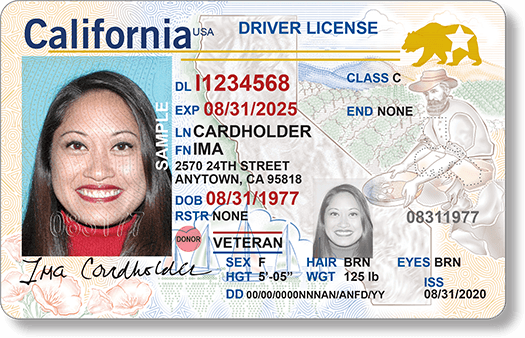It’s supposed to serve as essential identification for anyone interested in flying, driving, or opening a bank account, but even after six years some states still aren’t buying it. The Real ID Act represents a curious case of a federal mandate that many state governments refuse to follow.
In a blog post last week, the American Civil Liberties Union (ACLU) addressed the U.S. Department of Homeland Security (DHS) and the Office of Management and Budget “to recognize the clear reality that Real ID is dead.”





